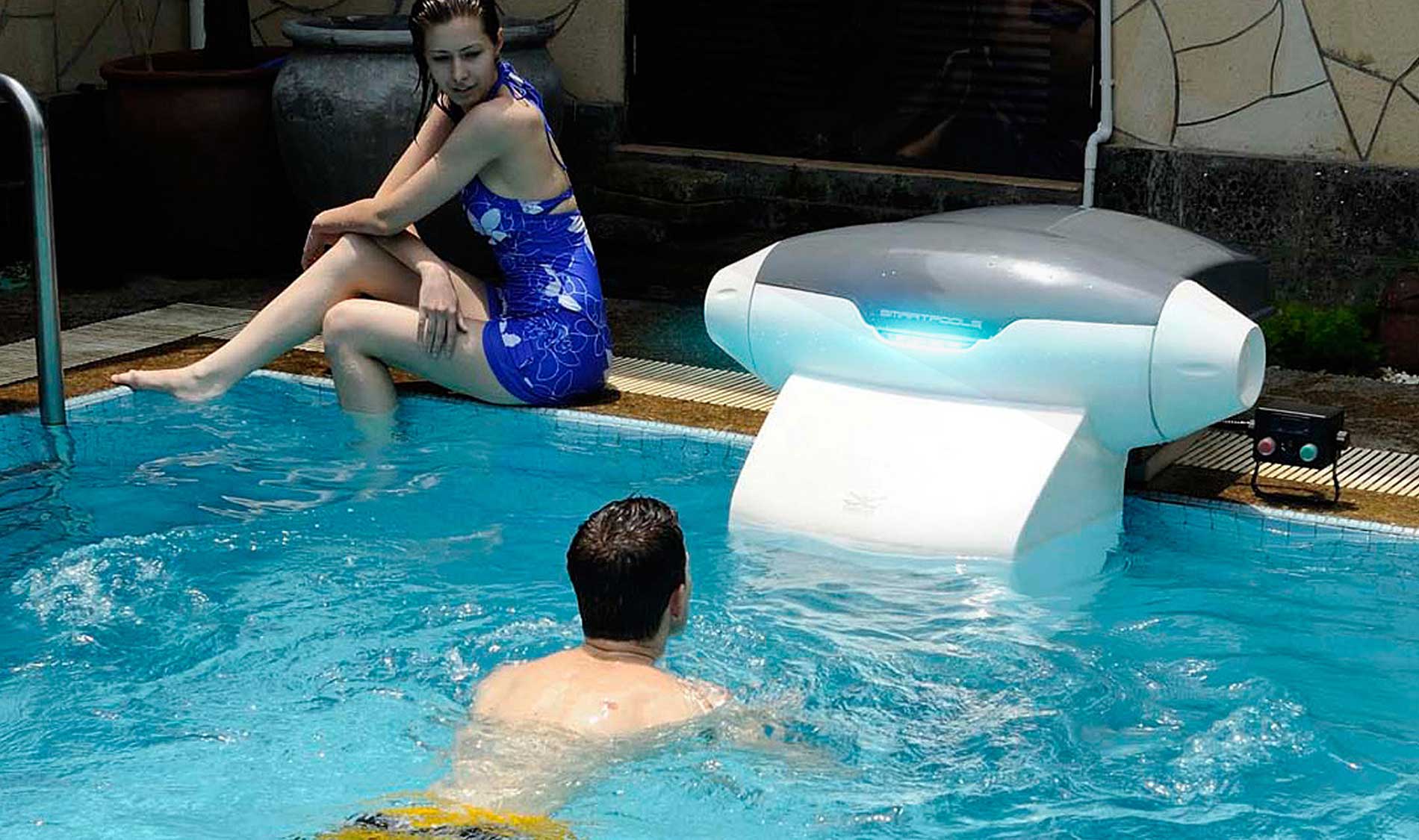Once you decide to get a swimming pool in your backyard, there are a lot of things that you must also consider. The first few things are the types of pools that will suit your backyard. This post talks about the varieties of pools to choose from.
When it’s time to choose the right indoor swimming pool for your home, you have to rely upon the research work. Picking the right indoor swimming pool will only enhance the beauty of your landscape. There are various designs of swimming pools that can be found in houses today, from minimalistic and modern to a freeform tropical escape. If you want to pick a swimming pool specialist for your home, check out the types of swimming pools for your home.
Above-ground swimming pool
The icon of affordable pool ownership is above-ground pools. They may also be a suitable choice for regions with harsh winters where it can be challenging to maintain an in-ground pool during the winter. There are alternatives in this type for both hard-sided and soft-sided pools, and some of them are virtually indistinguishable from much more expensive in-ground pools, particularly if you add a raised deck or frame around the pool’s perimeter.
In-ground family swimming pool
Swimming pools are becoming more commonplace in non-luxury real estate. A swimming pool is increasingly a standard feature in various property markets, particularly in sun-belt regions, even in middle-class communities.
Lap Pool
The swimming pool known as a lap pool was created with exercise and wellness in mind. These rather small, shallow swimming pools are best used for completing laps as part of your daily workout. They are not intended for use with diving boards or water slides. Lap pools often have a rectangular shape, which may make them perfect for long, narrow properties.

Indoor swimming Pool
An indoor swimming pool is rather simple: It is inside, covered by a roof, and often has insulation from at least one house wall. In general, indoor pools have straightforward geometric designs and are constructed for swimming or training all year round, particularly in cold areas.
Architectural pool
An architectural pool must have structure, and distinct lines frequently reflect the design of the home and employ the same materials for a unified aesthetic. This is obvious from the word alone. A geometric, elegant, and architect-designed architectural pool is typical.
Infinity Pool
Other names for infinity pools are vanishing edge pools, negative edge pools, zero edge pools, and disappearing edge pools. Always made to order, infinity pools should be created to emphasize a particular vista. Infinity pools, when constructed properly, provide the impression of a sheet of water cascading over the edge of the property, much like a waterfall, even if you cannot see or hear the water drop.
Saltwater Pool
The term “salt water pool” (sometimes referred to as “ocean pool”) refers to a different approach to water filtration and purification that was first widely used in Australia and New Zealand before spreading to other continents. Bulk salt is transformed into natural chlorine in these pools’ saltwater chlorine generators, killing germs and algae while also disinfecting the water. The generator can be introduced either before or after the pool is built; a regular pool can be transformed by including specific components.
The next thing that most people are worried about is the cost of installing a swimming pool. The cost of a swimming pool is entirely based on the kind of swimming pool you would choose. The cost can vary drastically based on the selection and requirements of the pool. At the small end, you can decide to spend a few dollars for a small pool that will be a play feature for the kids. However, at a bigger end, you can spend a little more and get a pool that can serve the architectural features of a professional-grade training pool. Connect with SmartPools for swimming pool contractor, visit us info@smartpools.com.my or calling +6012 785 0019 for a complete pool solution and installation.